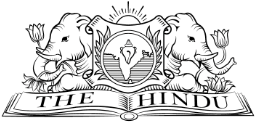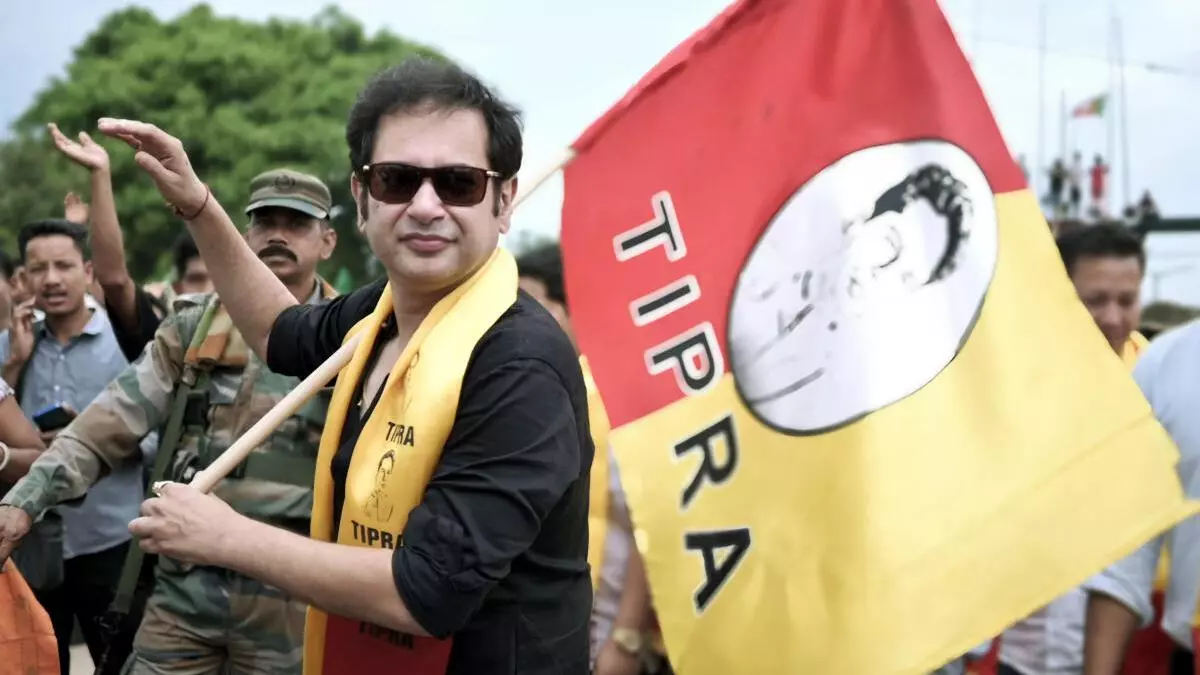General Election 2024: Quo Vadis India?
India’s General Election to the 18 thLok Sabha (LS, the House of the People) has the makings of a high-stakes contest. The early decades saw the dominance the Indian National Congress (INC), even if its pan-India presence receded after the 4 th LS and State Elections in 1967. The politics of the INC touched its nadir during the Emergency (June 25, 1975 - March 21, 1977). Despite bouncing back in the 7
thLS (1980), after a non-Congress coalition in the 6 thLS (1977) fell apart, and then securing an all-time high majority for any party till date in the 8 thLS (1984), the INC is yet to reclaim the country’s political commanding heights. The era of coalitions/minority governments from the
9 thLS (1989) to the 15 thLS (2009) played two distinctive roles: it checked one-party dominance and ushered in politics of accommodation. This was reversed with the re-emergence of a single-party rule by the Bharatiya Janata Party (BJP) in the 16 th and 17 th Lok Sabhas (2014 and 2019), under the premiership of Narendra Modi.
During this decade, disparate interests – religions, castes, classes; economic, social, geographical – were all sought to be coalesced under the rallying call: “One Nation, One...” (the second “One” periodically updated to incorporate a state or individual activity that would strike at India’s quasi-federal structure and diversity). The undercurrents that tugged India over the past 10 years are evident: the move towards a state that is majoritarian rather than plural; a government that favours big private capital to wider redistribution; and policies to benefit a few at the cost of the many. The election manifestoes of the prime contenders to power – the BJP and the INC – also delineate their ideological positions. The former promises to take forward its policies, propel India to the status of a developed country, and retains its sharp focus on cultural nationalism; the latter seeks a mandate to reverse divisive trends, with progress, equity, and inclusivity as the touchstones of its politics and policy-making.
Against this backdrop, Diego Maiorano, Senior Assistant Professor of Indian History and Politics at the University of Naples L’Orientale, comments on what the decade that has gone by meant for India’s political journey, its collective mindset, and its democratic institutions of state. He also flags the larger issues that the world’s largest electorate must contend with when it votes in the 18th LS election, scheduled to be held in seven phases from April 19 to June 01, 2024.






